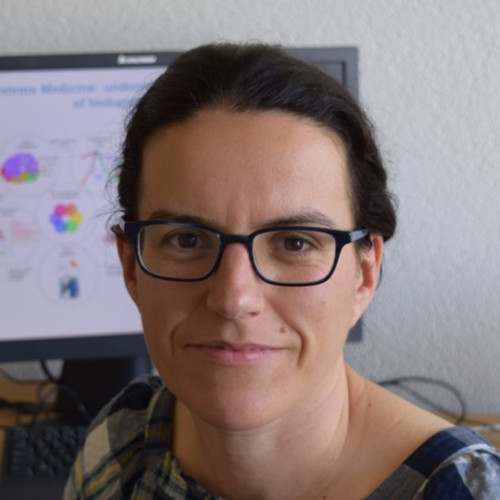However, high accuracy often comes at the price of loss of interpretability, i.e. many of these models are built as black-boxes that fail to provide new biological insights.
This tutorial focuses on illustrating some of the recent advancements in the field of Interpretable Artificial Intelligence. We will show how explainable, smaller models can achieve similar levels of performance than cumbersome ones, while shedding light on the underlying biological principles driving model decisions.
We will demonstrate how to build and extract knowledge using interpretable approaches in different domains of computational biology, including analysis of single-cell data, functional sequences of raw DNA, and drug sensitivity prediction models.
The choice of these applications is motivated by the availability of adequately large datasets that can support deep learning (DL) approaches and by their high relevance for personalized medicine. We will exploit both publicly available deep learning models as well as in-house developed models.
The tutorial has been designed to provide the participants not only with an overview on current research in interpretability, but also to offer a set of frameworks, tools and real-life examples that they can implement in their own projects.
Specifically, the participants will acquire/refresh basic knowledge on DL models for computational biology by both a brief technical introduction and a showcase of established models for specific practical applications. Next, several techniques to enhance model interpretability will be explored.
At the end of the tutorial, participants are expected to understand which interpretability methods they can apply to their own problem and data, and how to implement/use them in python.
Beginner level
- Basic programming knowledge of Python
- Basic knowledge of Machine Learning/Deep Learning
- Kaggle account (only for one exercise)
- Own Laptop (with working Docker or Conda setup)
- We recommend setting up the necessary environment for the exercises at least one day before the workshop.
Further information can be found at: https://github.com/IBM/depiction/tree/master/workshops/20200125_AMLD2020



